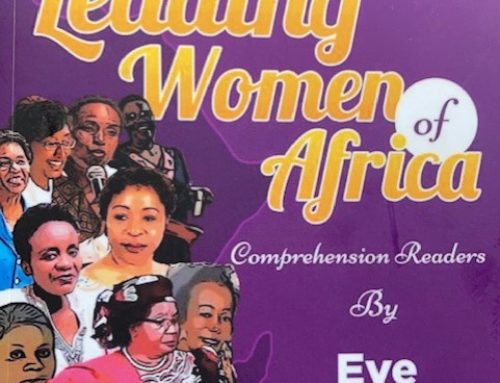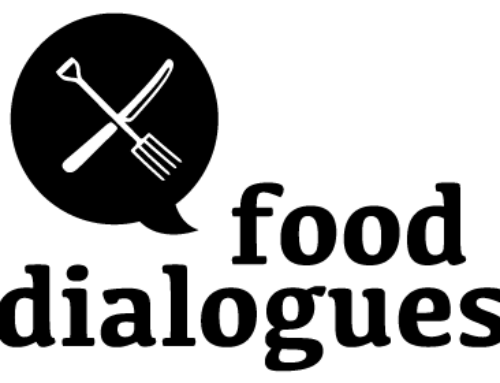i am busy reading Frantz Fanon’s ‘The Wretched of the Earth’. Although to be fair it’s probably more accurate to say it is reading me.
This is what i call a big wade book and i’m usually not a fan. But there are some very significant and profound concepts in here that i am trying to grab hold of. Plus a lot of young activists in South Africa look to Fanon for inspiration. But it takes full focused brain mode. And i have had to reread bits.
But already, part way through chapter one [IT’S A LONG CHAPTER!!!] there are some pieces i would love to share. This feels like important stuff to help shape the stuff we are thinking about. This first piece speaks to Individualism which i do believe is the cause of so much pain in the world and feels like a particularly western concept:
From the chapter ‘Concerning Violence’:
‘In the colonial countries where a real struggle for freedom has taken place, where the blood of the people has flowed and where the length of the period of armed warfare has favoured the backward surge of intellectuals towards bases grounded in the people, we can observe a genuine eradication of the superstructure built by these intellectuals from the bourgeois colonialist environment.
The colonialist bourgeoisie, in its narcissistic dialogue, expounded by the members of its universities, had in fact deeply implanted in the minds of the colonized intellectual that the essential qualities remain eternal in spite of all the blunders men may make: the essential qualities of the West, of course. The native intellectual accepted the cogency of these ideas, and deep down in his brain you could always find a vigilant sentinel ready to defend the Graeco-Latin pedestal.
Now it so happens that during the struggle for liberation, at the moment that the native intellectual comes into touch again with his people, this artificial sentinel is turned into dust. All the Mediterranean values – the triumph of the human individual, of clarity and of beauty – become lifeless, colourless knick-knacks. All those speeches seem like collections of dead words; those values which seemed to uplift the soul are revealed as worthless, simply because they have nothing to do with the concrete conflict in which the people is engaged.
Individualism is the first to disappear. The native intellectual had learnt from his masters that the individual ought to express himself fully. The colonialist bourgeoisie had hammered into the native’s mind the idea of a society of individuals where each person shuts himself up in his own subjectivity, and whose only wealth is individual thought. Now the native who has the opportunity to return to the people during the struggle for freedom will discover the falseness of this theory. The very forms of organisation of the struggle will suggest to him a different vocabulary. Brother, sister, friend – these are words outlawed by the colonialist bourgeoisie, because for them my brother is my purse, my friend is part of my scheme for getting on.
The native intellectual takes part, in a sort of auto-da-fé, in the destruction of all his idols: egoism, recrimination that springs from pride, and the childish stupidity of those who always want to have the last word. Such a colonised intellectual, dusted over by colonial culture, will in the same way discover the substance of village assemblies, the cohesion of people’s committees, and the extraordinary fruitfulness of local meetings and groupments. Henceforward, the interest of one will be the interests of all, for in concrete fact everyone will be discovered by the troops, everyone will be massacred – or everyone will be saved. The motto ‘look out for yourself’, the atheist’s method of salvation, is in this context forbidden.
Self-criticism has been much talked about of late, but few people realise that it is an African institution. Whether in the djemaas [village assemblies] of Northern Africa or in the meetings of Western Africa, tradition demands that the quarrels which occur in a village should be settled in public. It is communal self-criticism, or course, and with a note of humour, because everybody is relaxed, and because in the last resort we all want the same things. But the more the intellectual imbibes the atmosphere of the people, the more completely he abandons the habits of calculation, of unwonted silence, of mental reservations, and shakes off the spirit of concealment. And it is true that already at that level we can say that the community triumphs, and that is spreads its own light and its own reason. ‘
Yoh. There is so much to like in there. When individualism is all that you’ve ever known and been pushed into your whole life – THIS WHOLE STORY IS ABOUT YOU – then anything else will seem foreign and be difficult or unnatural/uncomfortable to take up. How do we move more from Individualism to Community? Maybe that is going to be a helpful question to dig a little deeper into, in 2017.
If i had to choose a favourite word for the year, where before i have had INTENTIONALITY, for next year, the word that has jumped up at me so much lately is INTERDEPENDENCE. i really love the depth of that word. Inter, Among, Connected, Engaged, In Community with, Reliant on each other, Bound together.
What jumped out for YOU from this piece? Share some thoughts in the comments with us.






[…] is from the same chapter as yesterday’s piece, titled ‘Concerning […]